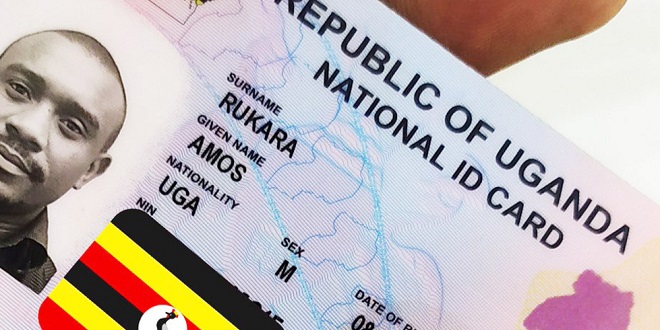In a disconcerting turn of events, the Uganda National Identification and Registration Authority (NIRA) is facing formidable obstacles in its quest to renew the national ID cards.
According to NIRA Executive Director Rosemary Kisembo, the primary challenge revolves around a severe lack of funds, casting a shadow of uncertainty over the expiration of thousands of IDs for Ugandans in the upcoming year.
With the mandatory renewal of national ID cards fast approaching, NIRA, the government agency tasked with the colossal responsibility, is grappling with a profound funding deficit. This alarming shortage of financial resources has cast a long shadow over the renewal process, leaving Ugandans with growing concerns about the looming expiration of their identification cards.
Facing the Parliamentary Committee on Defence and Internal Affairs, the Executive Director of NIRA sounded the alarm about a potential crisis related to the impending expiration of Uganda’s National ID cards. She alluded that the crisis stems from NIRA’s inability to carry out the much-anticipated mass renewal of these identity cards due to severe funding constraints.
The Executive Director disclosed that the authority currently lacks the financial resources required to expedite the renewal process for National IDs, which necessitates over Shs370 billion. Unfortunately, there is no dedicated budgetary allocation for NIRA awaiting parliamentary approval, leaving the authority unable to launch the crucial renewal initiative.
While some aspects of the renewal project have commenced, including procurement and hardware integration, the absence of essential funding jeopardizes the authority’s ability to meet the renewal deadline. The mass renewal was initially scheduled to take place between June and August of this year, but given the current fiscal constraints, it seems increasingly unlikely that NIRA can adhere to the original timeline.
“There are certain aspects of the projects as we have indicated that have started and as soon as funding is provided, the key aspects of procurement and hardware and integration will begin,” Ms. Kisembo said.
The overall budget required for this renewal endeavor amounts to over Shs666 billion, with Shs235 billion designated for the procurement of a new registration system, and the remaining funds allocated to support the comprehensive renewal program. The Executive Director emphasized the urgency of the situation, stating that unless funds are provided by January 2024, acquiring critical hardware components will become exceedingly difficult.
“There is a crisis even now as I speak but I want to inform you that by January 2024 if money has not been provided, it will be nearly impossible to acquire certain aspects of the hardware,” she said.
The first batch of National Identity Cards was initially issued during the 2013/14 Financial Year, and these cards are set to expire in August next year. While NIRA retains some potential to meet the renewal deadline, the financial shortfall remains a significant impediment.
Meanwhile, National identity cards are a crucial element of modern governance, serving as a means of identification and a testament to one’s citizenship and legal status. In many countries, the possession of a valid national ID is not only a convenience but a fundamental right. They facilitate access to public services, voting rights, employment, and other entitlements. They are also pivotal in enhancing national security, curbing identity theft, and preventing illegal immigration.
However, when a country finds itself grappling with a situation where a significant portion of its population holds expired national IDs, a crisis unfolds such as; Legal and Civil Rights because expired national IDs can impede citizens’ exercise of their rights. Access to critical services, such as voting, opening bank accounts, obtaining government documents, or accessing healthcare, may be hindered or denied altogether.
Security Concerns are also another crisis since expired IDs can pose security risks. They may facilitate identity theft, allowing individuals to impersonate others and engage in fraudulent activities. This can undermine national security efforts.
Economic and Employment Challenges because expired national IDs can hinder individuals’ ability to engage in economic activities. This can result in job loss, limited access to financial services, and restricted mobility,
Do you have a story in your community or an opinion to share with us: Email us at editorial@watchdoguganda.com













